Revolutionizing Urban Infrastructure: The Impact of Sustainable Construction Practices in Kuala Lumpur

Client
The client is a leading international construction company with a mission to pioneer sustainable infrastructure projects in major urban centers. With a broad portfolio ranging from residential buildings to commercial complexes, the company sought to revolutionize urban infrastructure in Kuala Lumpur by incorporating sustainable construction practices to address environmental concerns and meet the city’s growing demand for green buildings.
Issues
The company encountered several challenges in implementing sustainable construction practices in Kuala Lumpur. Key issues included aligning with the local regulatory framework for green buildings, overcoming resistance from traditional construction stakeholders, and managing higher initial costs associated with sustainable materials and technologies. Additionally, there was a need to educate the market and create demand for sustainable buildings among property developers and consumers.
Solution
Eurogroup Consulting recommended a holistic strategy focused on regulatory alignment, stakeholder engagement, and market education to facilitate the adoption of sustainable construction practices.
Approach
Our team conducted a thorough regulatory analysis to ensure the company’s practices were compliant with Malaysia’s green building standards. We engaged with local authorities and industry bodies to advocate for favorable policies and incentives that support sustainable construction. To address stakeholder resistance, we organized workshops and seminars for construction professionals, highlighting the long-term benefits of sustainable practices, including cost savings, enhanced building performance, and improved occupant health.
We also developed a comprehensive market education campaign targeting property developers and consumers. This campaign included case studies of successful sustainable projects, highlighting their financial and environmental benefits. We collaborated with local media and industry influencers to spread awareness and generate interest in green buildings. Additionally, we advised the client on sourcing sustainable materials locally to reduce costs and foster community support.
Recommendations:
We recommended that the client continuously engage with regulatory bodies to stay ahead of changes in green building standards and leverage new incentives. To maintain momentum, we suggested ongoing stakeholder engagement through training programs and collaborative forums. Further, we advised investing in research and development to innovate new sustainable construction technologies and materials that can be sourced locally. Strengthening partnerships with educational institutions and community organizations was also recommended to build a broader base of support for sustainable practices.
Engagement ROI
The implementation of sustainable construction practices led to a 35% increase in project approvals due to regulatory compliance and support. Stakeholder engagement efforts resulted in a 50% reduction in resistance from traditional construction professionals, facilitating smoother project execution. Market education campaigns boosted demand for green buildings, leading to a 40% increase in project inquiries and a 30% rise in signed contracts. The use of locally sourced sustainable materials not only reduced costs by 20% but also enhanced community support and local market integration.

